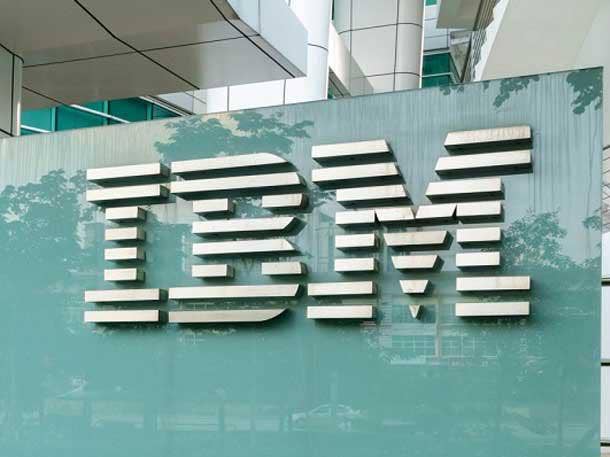IBM Disappoints Investors In Q1 With Revenue Slump
Big Blue's CFO sees a massive services upsurge looming from synergies from the pending $34 billion Red Hat Deal, which bodes well for the company’s channel.

IBM disappointed investors Tuesday with its first-quarter financials, but CFO James Kavanaugh said Big Blue's looming Red Hat acquisition will create synergies that should boost the sale of services around their integrated platforms.
IBM's $18.2 billion in first-quarter 2019 revenue fell well short of the $18.6 billion Wall Street expected—a 4.7 percent decline from 2018 and the third consecutive quarter of year-over-year contraction.
But a bright spot in IBM's Global Business Services arm—which increased its profitability—hints at the tremendous potential of the Red Hat acquisition in expanding services practices.
[Related: IBM Closes 2018 With Annual Revenue Gain As Software Sales Improve]
"We're very excited about the potential combination of IBM and Red Hat, around us accelerating the leadership in a $1 trillion hybrid cloud market," Kavanaugh said. "We believe this differentiates us as we move forward."
The $34 billion deal, expected to close in the second half of the year, will create synergies for IBM's consulting business around strategy, cloud migration and app development, Kavanaugh said.
Global Business Services, the internal consulting division that includes application management and global process services, saw $4.1 billion in revenue for the quarter—remaining flat year over year in constant currency as many other parts of Big Blue's business sagged.
Kavanaugh noted that Red Hat's last earnings report showed acceleration in its revenue growth, a significant rise in its backlog and strong cash flow.
That bodes well for the "services piece," he said. "We're expecting synergistic effects across our portfolio at IBM in us leading this next generation of hybrid cloud, both in software and also services."
Once Red Hat is under the IBM umbrella, the companies will engage in re-architecting their offerings to enable customers to better adopt cloud, he said.
That "spans everything from advising to building to moving to managing," he said, encouraging the 80 percent of mission-critical workloads still running in legacy environments to take advantage of the next phase of cloud adoption.
A new financial reporting structure introduced a segment called Cloud and Cognitive Software, which encapsulates IBM's cloud and data platforms as well as the cognitive application business.
Those divisions saw $5 billion in quarterly revenue, marking a 2 percent decline. The sale of cognitive applications expanded slightly by 2 percent, while cloud and data platforms fell 2 percent without adjustments for currency fluctuations.
Another new category, Global Technology Services, includes Big Blue's infrastructure and cloud services divisions, as well as technology support. Those parts of the business declined by 7 percent year over year.
And IBM's systems business lagged, down 11 percent year over year, largely because of the back end of the Z Systems mainframe buying cycle.
In previous earnings statements, IBM shared the fraction of its total revenue stemming from the strategic imperatives of cloud, mobile, analytics and security. Those crucial segments accounted for more than half of IBM's total revenue at the close of fiscal 2018.
IBM withheld that information for the quarter, with Kavanaugh telling investors the metric has become "less and less" relevant.
Earnings per share of $2.25 exceeded analyst expectations by 3 cents as IBM made improved some margins in the quarter that ended March 31.
IBM stock slid sharply after the market closed Tuesday on news of the revenue misses. Shares closed Tuesday at $145.14, then fell to $140.80 at publication time.